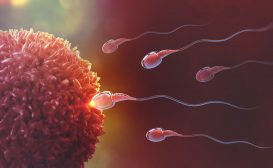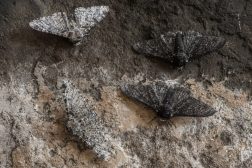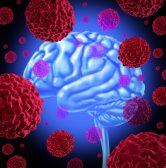Definition
Noun
A gram-negative mucoid cocci bacterium involved in several human infections including cerebrospinal fluid infections, meningitis and endocarditis.
Supplement
Neisseria mucosa has an adherent colonial morphology with nonpigmented and pigmented morphotypes and has the capability to reduce nitrates as well as to produce prolyl aminopeptidase. It is known to be a normal part of nasopharyngeal flora in human.
Neisseria mucosa has an immediate susceptibility to penicillin as well as vulnerable to amoxicillin, cefotaxime, ciprofloxacin and ceftriaxone.
Neisseria mucosa is associated in human infections includes meningitis, cerebrospinal fluid infection and infective endocarditis due to tongue piercing. A symptom manifested by an infected individual includes myalgia, fatigue, arthralgia and intermittent fever.
Scientific classification:
Kingdom: Bacteria
Phylum: Proteobacteria
Class: Betaproteobacteria
Order: Neisseriales
Family: Neisseriaceae
Genus: Neisseria
Species: Neisseria mucosa
See also:
• Bacteria
• Meningitis
• Endocarditis
Dictionary > Neisseria mucosa
You will also like...

Water in Plants
The movement of molecules (specifically, water and solutes) is vital to the understanding of plant processes. This tuto..

Gene Action – Operon Hypothesis
Learn how the way genes control and determine every aspect of the body. This lesson uses lac operon as an example. ..
..

Human Reproduction and Fertilization
For human species to obviate extinction, reproductive mature adults should be producing viable offspring in order to con..

Examples of Natural Selection
Darwin's Finches are an example of natural selection in action. They are an excellent example of the way species' gene p..

Types and Causes of Brain Damage
This tutorial describes the different types and causes of brain damage. Find out how genetics, physical injury, lack of ..

Pollution in Freshwater Ecosystems
There are many environmental factors that arise due to the usage of water in one way or another and for every action tha..

